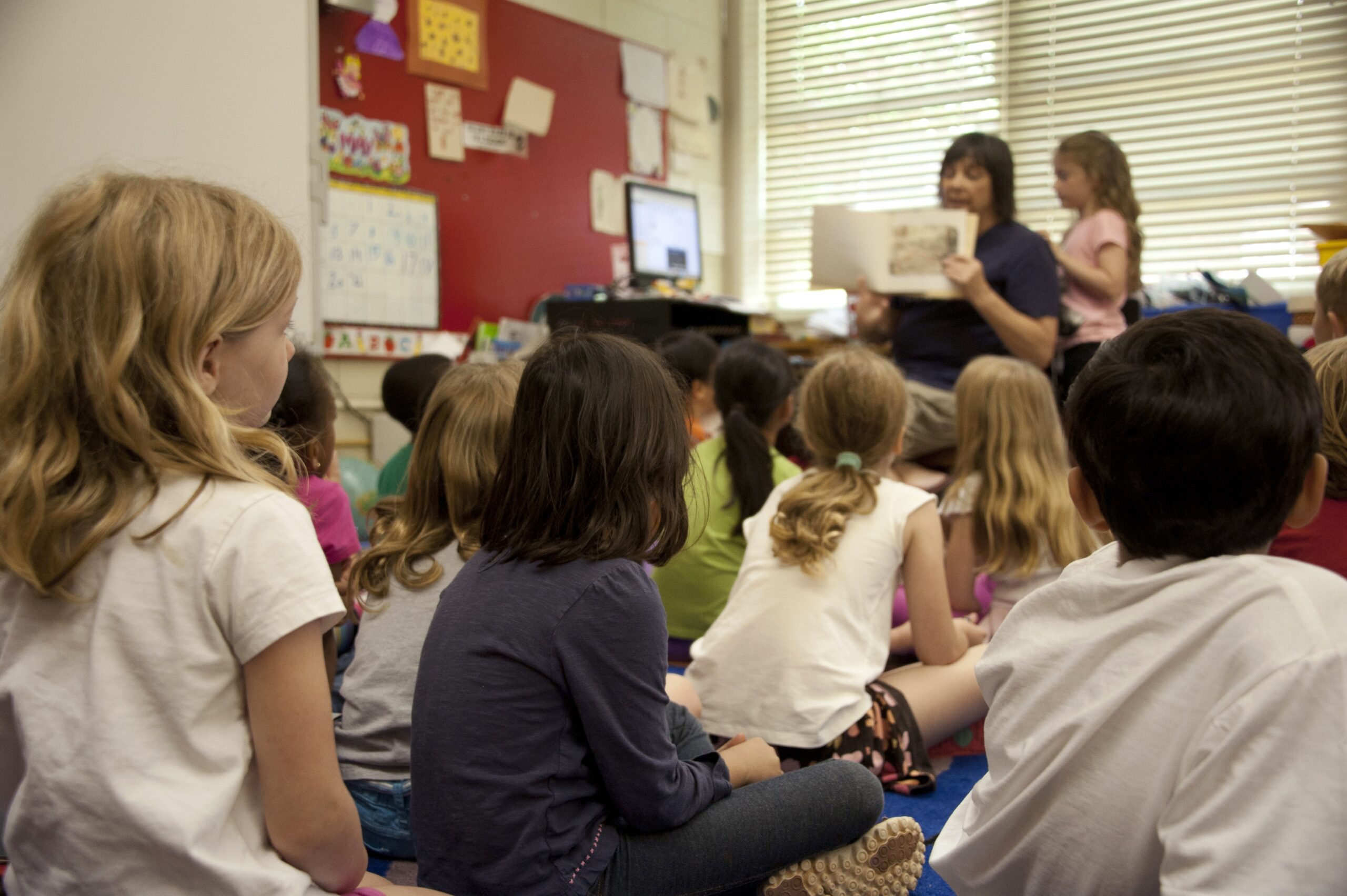As the world has navigated through almost 2 years of the COVID-19 pandemic, parents and children have dealt with many second order effects, one of the most serious being the substantial education loss from school closures. As schools pivoted to online learning in the United States, many parents were able to catch a glimpse into their children’s day to day curriculum, including what many felt were inappropriate sexual or ideological subjects. My own parents got the opportunity to listen to some of my college professors, as well as my siblings’ K-12 teachers, and could not believe the overt ideological leanings of some professors and teachers.

Parents across the nation have taken a renewed interest in their children’s schooling, including by attending school board meetings. Many parents have protested against what they felt were improper subjects or unjust restrictions or rules. Sadly, the American media and school boards have often slandered these parents rather than addressing their legitimate concerns. Recent articles in the news cite parents attending school board meetings as hostile, dangerous, angry, and more. School districts have made it increasingly hard for parents to attend school board meetings, and in many cases don’t have respect or a willingness to listen to the problems and concerns voiced by the parents.
While some parents have not acted as model citizens, parents have every right to voice their opinions without fear of reprisal. Teachers and educators should be respected, but ultimately parental rights need to be honored and addressed in education for children’s benefit. Instead of downplaying or outright dismissing parents’ concerns, school boards and administrators need to create dialogue with parents to come to a reasonable solution.
In the U.S., children’s schooling is a sensitive subject that has become highly polarized and politicized. It is, however, important to remember that it is not necessarily about what the specific issues are, but the fact that parental rights regarding their childrens’ education are slowly being undermined.

WYA clearly outlines the importance of parental rights, specifically concerning education. WYA’s “Fact Sheet on Family in International and Regional Law” states that “parents have the right to choose their children’s education, the right to ensure the moral and religious education of their children in accordance with their own beliefs, and the right to direct their children in the exercise of their rights.” In the United States particularly, this statement is crucial to our culture and dialogue today. Parents do have the ultimate right to voice concerns they may have with regards to what and how their children are learning.
It takes both sides of the political spectrum, and both parents and educators alike, to create a community that acknowledges parents’ rights and also allows for mutual respect and open dialogue. At the end of the day, it is important to remember that despite the politically charged issues, parents do have the right to choose their child’s education.
[su_divider top=”no” margin=”0″]
Published: April 4, 2022
Written by Mackenzie Montoya, WYA North America intern







